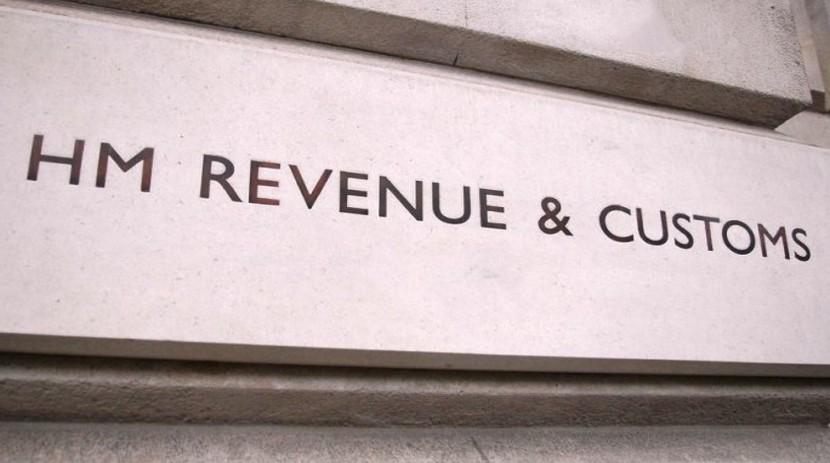Income tax is a percentage of money that’s deducted from your annual total income that you have to pay back to the government. Your total income will include any salary you get paid, earnings from rent, job seekers allowance, business profits, bank interest and dividends.
If you’re employed, you’re likely to pay your income tax through the PAYE scheme and you’re not eligible to submit a tax return. But if you’re self-employed, a partner or a company director, it’s important to get to grips with how much income tax you should pay because every year you are legally required to submit an income tax return and pay your income tax bill (or an accountant can do this on your behalf). If you prefer you can make ‘payments on account’ – advance payments towards your tax bill over the year to avoid paying one lump sum. On your tax return you’ll declare all of your earnings and work out how much income tax you owe, or if you’re due a refund (fingers crossed). Income tax is payable on 31 January following the end of the tax year (6th April – 5th April).
The percentage of tax you pay will depend on how much you earn in total and the rates and allowances that are applied to that amount. These are set by the Chancellor every year at the Budget. Most individuals will receive a tax free allowance, meaning that you won’t pay any income tax until your earnings exceed that amount. The tax free allowance for 2018/19 is £11,850 (this allowance is restricted if your earnings reach or exceed £100,000).
Further reading:
- Find out how much income tax you will pay with our calculator
- How much income tax will I pay as a director?
- How much income tax will I pay as a sole-trader?
- How much income tax will I pay if I’m in a partnership?





